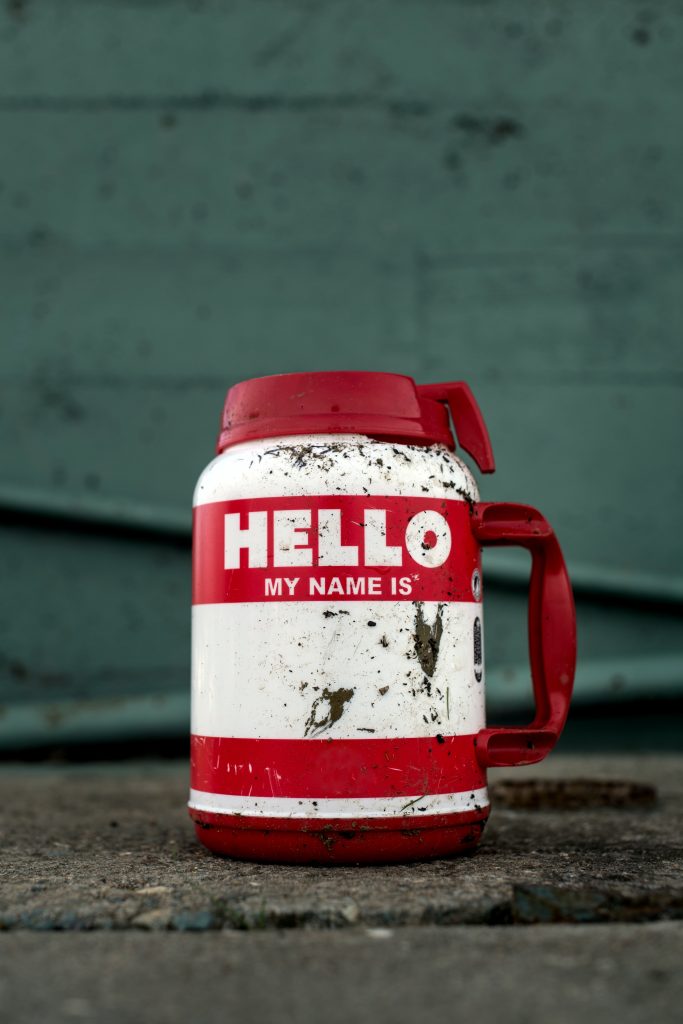I have read quite a few articles recently on the demise of the cover letter. One recruiter broadly proclaimed on LinkedIn that ‘Cover Letters are Dead’, as they never believed in cover letters and job seekers should stop wasting their time crafting the ultimate cover letter.



 Get exclusive content when you subscribe to Boost Your Career
Get exclusive content when you subscribe to Boost Your Career Carolyn Smith BA, LLB, PLSC, CARW, CEIC, CERW
Carolyn Smith BA, LLB, PLSC, CARW, CEIC, CERW